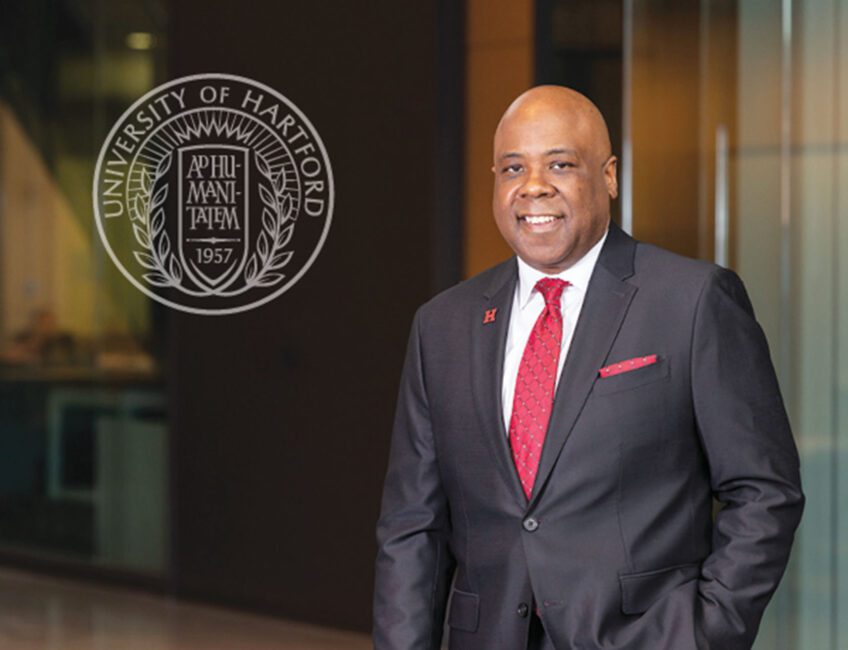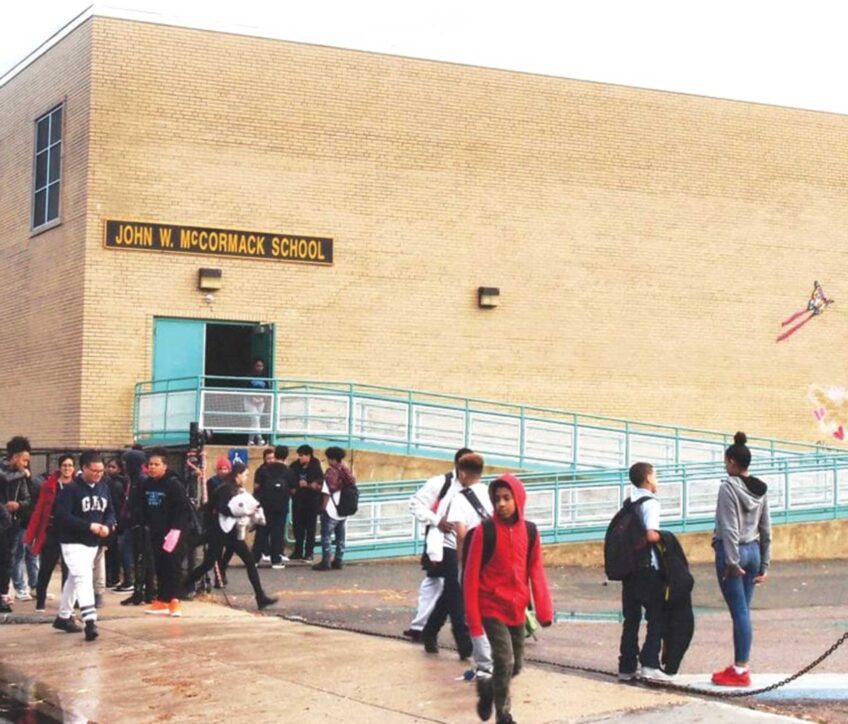AMHERST — The University of Massachusetts stands to lose nearly $32 million in federal research funding next year if President Obama and Congress are unable to reach a deal to advert automatic cuts to defense and domestic discretionary programs, UMass President Robert L. Caret told members of the University’s Board of Trustees last week.
Federal agencies that finance the University’s research, including the National Institutes of Health (NIH) and the National Science Foundation (NSF), would be subject to an estimated 8.2 percent reduction in funding, hampering their ability to fund critical scientific research.
“The innovations and discoveries happening on our campuses that improve and save lives and nurture industries that keep the state competitive in the global economy would be put at risk if these cuts were to take place,’’ President Caret said.
“The clock is ticking on negotiations,’’ he said, referring to the Jan. 1 deadline for a budget agreement to avoid the cuts. “This is a make or break moment. All we can hope for is that a balanced and fair deal can be reached.’’
President Caret spoke about the impact on UMass on the same day the Board of Trustees approved a $480 million state funding request for the fiscal year that begins next July 1. The budget request now goes to the Legislature and Governor’s Office for consideration.
Most research on UMass campuses is externally funded, with the federal government providing a majority of the funding through the NIH and the NSF, the Department of Defense, and other sources. In Fiscal Year 2011, the federal government provided 65 percent of the $586.7 million in UMass research spending, or $384.5 million.
Officials on the Amherst campus estimate that the “fiscal cliff” could result in a funding loss of nearly $10 million in research dollars in FY 2013, while UMass Medical School stands to lose more than $17 million, officials there said.
In addition to the impact on research, Caret said sequestration — or the so-called “fiscal cliff” when combined with the expiration of the Bush tax cuts — would also affect financial aid.
While Pell Grants are not subject to the automatic spending cuts in 2013, Caret warned that federal financial aid programs would be cut by 8.2 percent across-the-board, including the Supplemental Education Opportunity Grant and federal work-study.
There would also be cuts to college-access programs such as Gear Up. Origination fees on federally guaranteed Stafford Loans would rise from 1 percent to 7.6 percent, a $9,400 difference at UMass Medical School. The cuts could mean mid-year reductions to students’ financial aid packages.
And although Pell grants are not directly impacted by sequestration, Caret noted that another deadline for Pell Grant financing looms next year when significant mandatory funding disappears, which may propel consideration of additional changes to eligibility.
Last year, Congress just barely beat a deadline to extend the 3.4 percent interest rate on federally subsidized student loans for another year, rather than doubling it. Now the question is whether it will act to keep that rate from expiring.
“It’s not out of the question that other ill-advised changes could be made next year to these federal student financial assistance programs,’’ Caret said.
Last month, Caret and 15 other Massachusetts university presidents and hospital executives sent letters to the Massachusetts congressional delegation asking that they adopt deficit reduction strategies that preserve federal funding for scientific research. He also was a signatory of a letter from the Association of Public and Land-Grant Universities urging President Obama and the House and Senate leadership to forge a balanced, long-term deficit-reduction approach that does not include sequestration.
“We understand that the country’s deficit must be reduced,’’ President Caret said. “But an unprecedented reduction in discretionary spending will have unimaginable consequences for our University in ways large and small.’’
Material from UMass contributed to this report.






